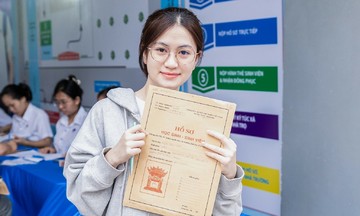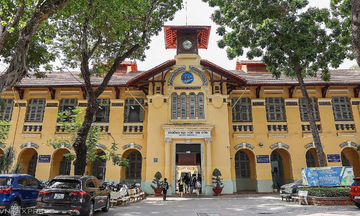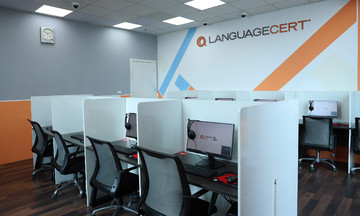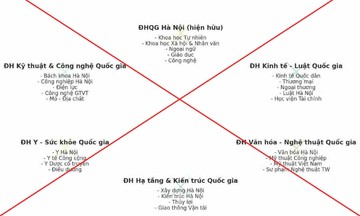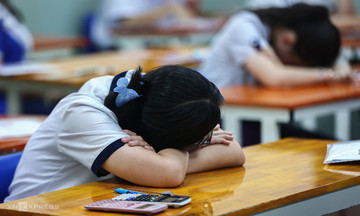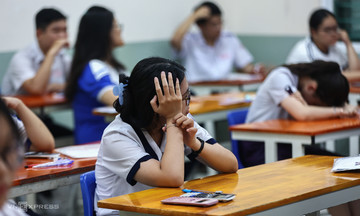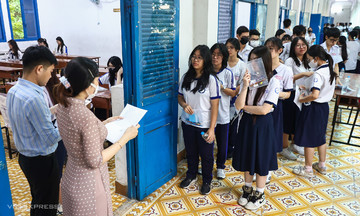Vietnam's education system previously operated on a "one curriculum, one textbook" basis. In 2014, National Assembly Resolution 88 permitted a "one curriculum, multiple textbooks" system, ending the publishing monopoly. The Ministry of Education and Training remained responsible for compiling a standard textbook set. A World Bank loan of 16 million USD was allocated for this, but the Ministry couldn't implement it for various reasons.
In 2020, the new curriculum launched for first grade, with five approved textbook sets. This reduced to three sets after a year and has remained stable. The National Assembly agreed that if each subject had at least one approved textbook, public funds wouldn't be used for further compilation.
Regarding the "one curriculum, multiple textbooks" policy, Ministry leaders have emphasized it's an international trend, diversifying learning materials, utilizing scientists' expertise through textbook compilation, and promoting educational innovation.
The education sector hoped that no longer mandating textbooks would encourage teachers to design creative lessons, moving away from rigid adherence to a single textbook and rote learning.
"One curriculum, multiple textbooks is the right policy, aligning with international practice," stated Associate Professor Doctor Do Ngoc Thong, former Deputy Head of the Secondary Education Department and chief editor of the 2018 national curriculum for literature.
 |
Students at Bui Van Moi Primary School, Phuoc Long Ward, TP HCM, during the first day of the 2025-2026 school year, on September 5th. Photo: Quynh Tran |
Students at Bui Van Moi Primary School, Phuoc Long Ward, TP HCM, during the first day of the 2025-2026 school year, on September 5th. Photo: Quynh Tran
However, experts acknowledge practical implementation revealed several issues with multiple textbooks.
The first is teacher capacity. Doctor Hoang Anh Duc, a researcher at RMIT University, explained that curriculum reform is central, and textbooks are no longer mandated. However, it's challenging for nearly two million teachers nationwide to confidently develop teaching activities based on diverse resources instead of solely relying on textbooks.
Thong agreed. He noted that while Vietnamese education has had periods with multiple textbooks, they weren't significantly different because "the curriculum was designed for a single textbook."
Meanwhile, the 2018 curriculum is "entirely new." For instance, in literature, instead of prescribing specific works for each grade, it allows textbook authors and teachers to choose materials that meet learning objectives.
"Many teachers rely on textbooks, accustomed to being guided. Now, having to adapt leads to confusion," Thong said.
Curriculum and textbook training primarily occurred online due to the Covid-19 pandemic (2020-2022). Furthermore, some teachers haven't fully grasped the curriculum.
Doctor Hoang also acknowledged the rushed training, resulting in many teachers not fully embracing the "curriculum-based" approach.
High prices also contributed to the negative reaction to new textbooks, according to Doctor Dang Tu An, former Head of the Primary Education Department and Director of the Vietnam General Education Innovation Support Fund.
A new textbook set typically costs 200,000-300,000 VND, excluding English and specialized books—2-3 times higher than previous textbooks. Donations are limited because schools and localities may use different books. This creates waste and burdens parents with annual textbook purchases.
Nguyen Thanh Hung, a Master of Public Policy at Fulbright University Vietnam and lecturer at Thai Binh Duong University, believes the new curriculum and textbooks were implemented without adequate preparation in infrastructure, personnel, and parental mindset.
"These factors erode public trust in the one curriculum, multiple textbooks policy, despite its validity," Hung stated.
Given these issues, the Politburo issued Resolution 71 on educational breakthroughs in late August, mandating a single, nationwide textbook set. On 16/9, the government instructed the Ministry of Education and Training to implement this for the next school year.
Doctor Ho Si Anh, former researcher at the Institute of Educational Research, Ho Chi Minh City University of Pedagogy, believes reverting to a single textbook system will address these shortcomings.
Nationwide standardized content will reduce disparities between regions. Testing and assessment will become more consistent. Teachers will have unified teaching guidelines, facilitating evaluation.
A single textbook set will also reduce costs with lower prices (due to larger print runs), easier reuse, and donations to disadvantaged areas. Schools and teachers won't face textbook selection dilemmas, avoiding suspicions of annual "textbook lobbying."
"Furthermore, aiming for free textbooks by 2030 is more feasible with a single, nationwide, state-provided textbook set," Si Anh observed.
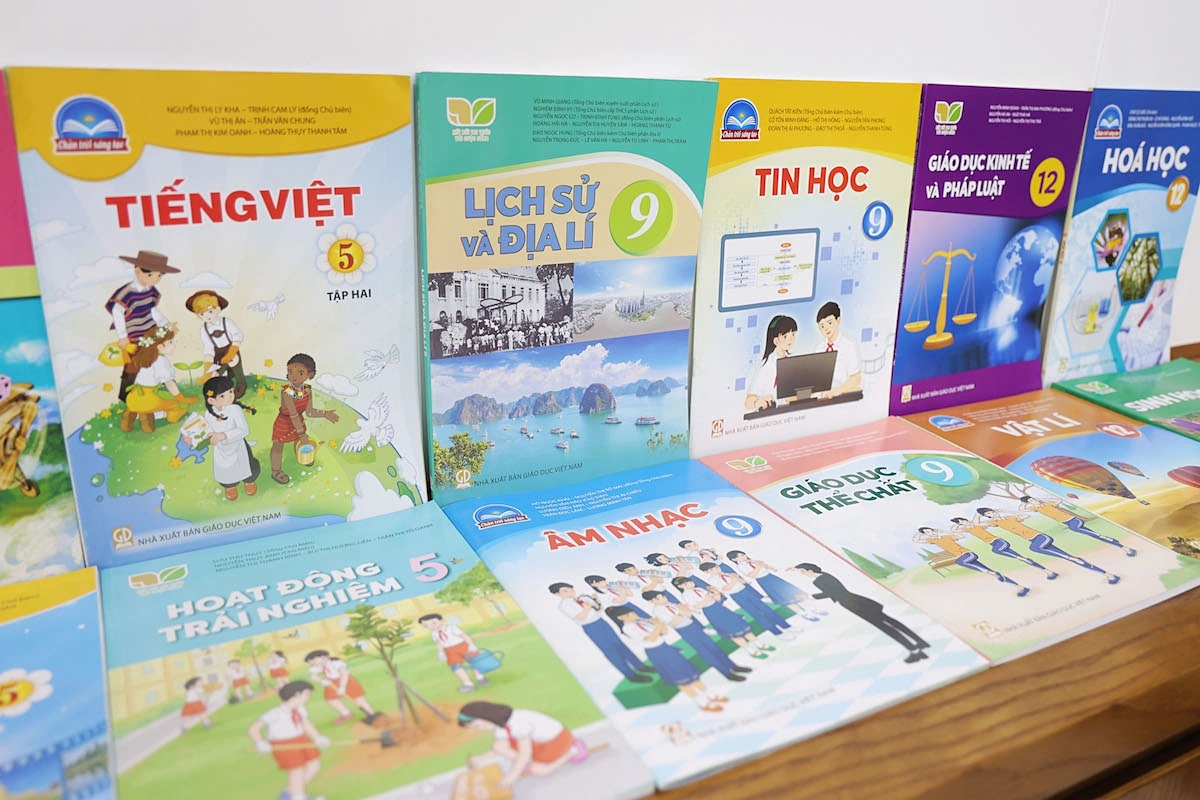 |
Current textbooks. Photo: Vietnam Education Publishing House |
Current textbooks. Photo: Vietnam Education Publishing House
Many experts agree that reverting to a single textbook system is currently necessary. Ensuring educational quality and teacher and student autonomy and creativity is crucial.
According to Doctor Hoang Anh Duc, with the focus on curriculum reform, all textbooks become reference materials. The state providing a unified textbook set is appropriate, ensuring basic learning resources for all schools and teachers. However, this might reinforce the perception of textbooks as mandates. Therefore, maintaining the focus on "curriculum development" is key. For teachers to confidently develop curriculum-based lesson plans, assessments should also align with the curriculum, not a specific textbook.
Ho Si Anh concurred.
"My concern is that with a single textbook, teachers will rigidly assess based on its content, limiting their own and their students' thinking and knowledge expansion," he said. He emphasized teachers need the ability to develop their own lesson plans and learning materials. Assessment should be based on curriculum objectives, not textbook content.
The Ministry should also review and update the 2018 curriculum. He believes that after nearly 10 years, some content is outdated. Subject curriculums need more detail to facilitate lesson planning and resource development.
Agreeing, Dang Tu An suggested the Ministry establish criteria for overall and subject-specific knowledge and skills, essential for textbook writing and evaluation.
Experts propose the Ministry purchase the copyright of the three current textbook sets for digitization, creating an open educational resource library for teachers and students.
Thanh Hang - Le Tam





